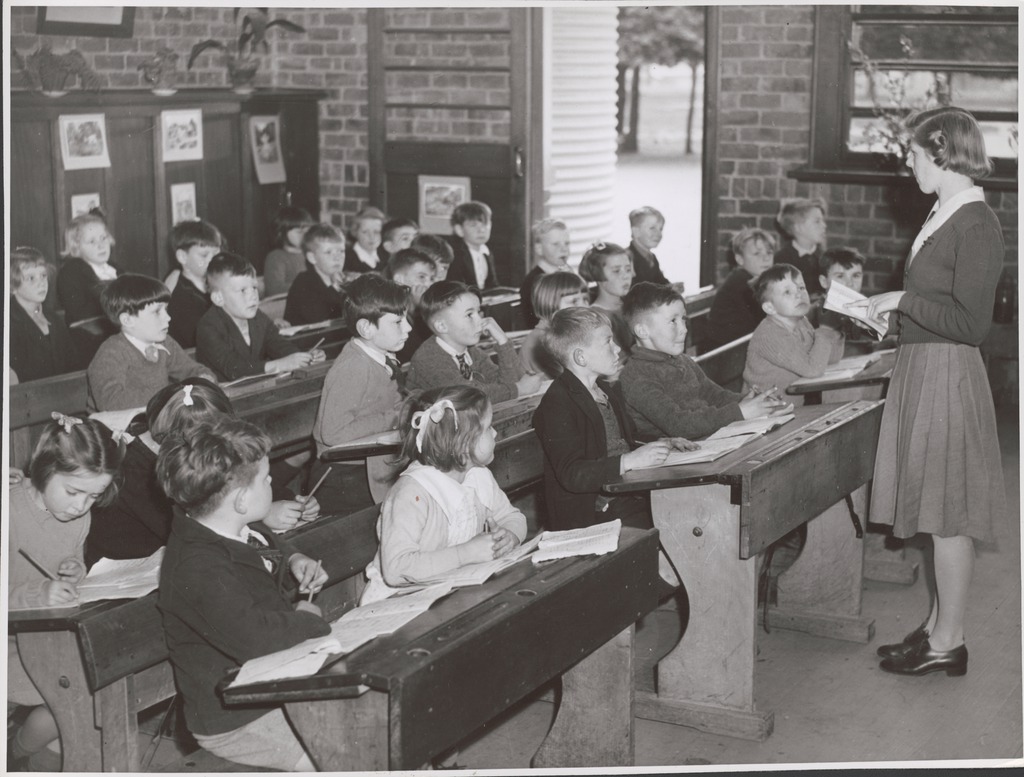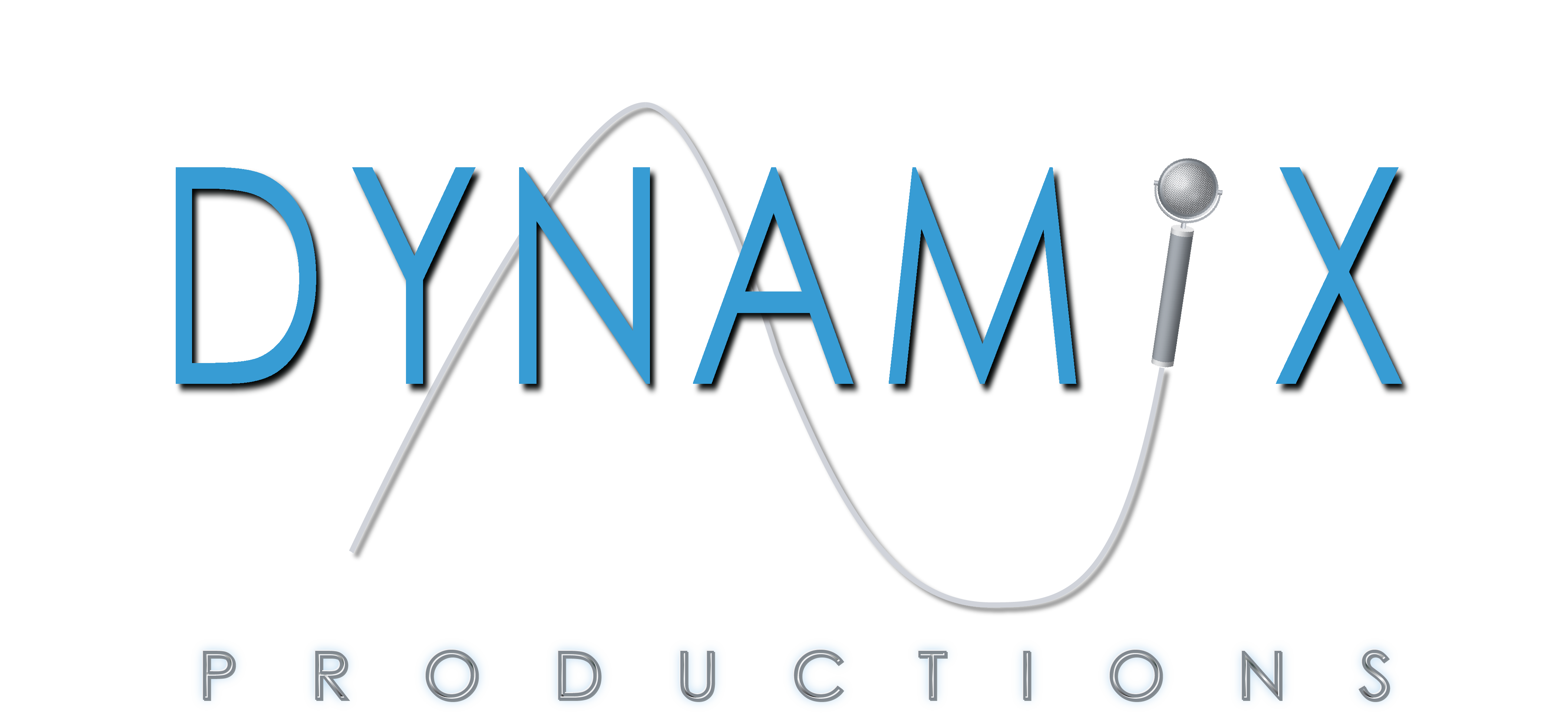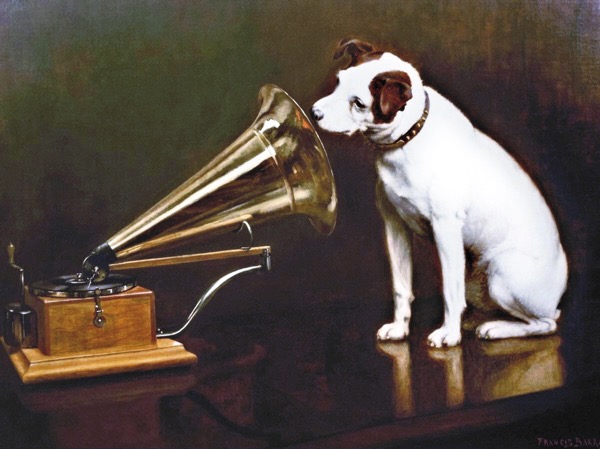

- © 2003 - 2025 Dynamix Productions, Inc. Contact Us 0



"It is easily overlooked that what is now called vintage was once brand new."
Tony Visconti
If you've been into my studio, you might have noticed a 1921 Edison disc on the wall. It's exactly 100 years old next month. My how times have changed. Thomas Edison, of course, invented the phonograph – a spinning cylinder on which a continuous groove was etched that held recorded music, voices, and other sounds that had never been captured, preserved, and played back before. It was revolutionary in every sense of the word. And like all nascent technology, it gradually improved. Alexander Graham Bell's Volta Company marketed the graphophone, an improved cylinder recording and playback system. The cylinder, limited in playing time and fidelity, eventually gave way to a flat disc which inventor Emile Berliner called a gramophone. The Victor Company was formed to market this new gramophone, eventually calling it the Victrola.
Loud sound of record scratch...
Confused yet? I know I always have been when trying to describe this early analog record technology. When a name for a new technology or product eventually sticks, it's usually one that's easy to say or was cleverly marketed, like Kleenex or Sudafed. I'm writing this article on a PC – actually an Apple Mac Pro – but somebody in 2121 probably won't know the distinction between a Mac, Dell, or ASUS computer. I wonder which the 2021 historian would say you read this on, a tablet or an iPad.
I like a little style in the name of technology if it's destined to become a classic. When I think of the old, original cylinders that Edison and Bell sold, I think wax cylinder, not phonograph or graphophone. But when I think of early disc records, I think Victrola, not gramophone. Frankly, gramophone, phonograph, and graphophone sound like the names were invented in a lab. Oh wait, they were. Victrola sounds fun. I see people dancing to foxtrots or Dixieland music when I hear Victrola. Of course, all these names for a spinning disc or cylinder eventually gave way to the plain old record. I guess Victrola was just too exciting of a word for recordings of bird calls, political speeches, or poems.
Television inventors probably saw the confusing branding of records as a warning sign. The earliest ones were called electric telescopes. After that, just television. I guess radio decided to keep it simple from the get-go. In the 1960s, cassette audio tapes gave consumers portable entertainment. The transistor had replaced hot and bulky vacuum tubes and shrank cassette players to minuscule sizes, albeit with a handle, speaker, and several heavy batteries. In 1979, when Sony introduced a small cassette player that one could clip onto their belt while on the go, it gave birth to a new moniker: The Walkman. From the time portable mp3 players first came out until Apple released the iPod, a small digital audio player was often called a "digital Walkman," despite Microsoft's best efforts to make the Zune a household name.
What's my point in all this "name dropping"? Earlier this year Apple announced that the ubiquitous iTunes is going away. Well, not entirely, but they're splitting the desktop app into three versions: Music, TV, and Podcasts. But confusingly, you can still purchase music in the iTunes Store. Somehow, I don't think Apple will be able to trademark the name Music anytime soon, so getting rid of an iconic name is baffling to me. Admittedly, iTunes had outgrown its music-only roots and started to divide itself up into different apps on our iPhones and iPads. Plus, Apple TV has started to at least make a serious run at the video streaming market. But with consumers starting to gobble up desktops like the iMac again, it seems like keeping a well-worn and familiar name like iTunes for your bucket of music would still work.
Branding a name takes a lot of work – I know – but success and longevity are what seals it in people's minds for years, even if the company has changed its direction. When you think of sports on TV, you think of ESPN. (What does ESPN really stand for? I had to look it up.) AT&T doesn't advertise that one of the "T"s stands for telegraph. IBM still technically makes machines. 3M was based on a failed mining venture. Netflix actually thought ahead before interNET streaming came to be (though you ordered your DVDs over the NET). Dynamix Productions started out as a dynamite manufacturer. Just kidding (though I always wanted Jimmy Walker to record "Dy-No-MIX!" for me, because that's how everyone mispronounces our name).
Am I complaining? Maybe a little, because I need to shovel some old stuff out of my brain and refill it with something new. Again. In my lifetime, I've gone from 45s to LPs, reels to cassettes, records to CDs, VHSs to DVDs, BlueRays to Roku, Walkmen to iPods, Windows Media Player to iTunes. Maybe I just need to chill and listen to some music on my iVictrola.
Cue a scratchy record of a Caruso opera...
...fade out...
____________________________________
Want to find out what records people were playing and how they thought of music a hundred years ago? Read this fascinating article about Edison's 1921 music survey over at The Occasional CEO. As one survey respondent said, "It is the best tonic I ever had."